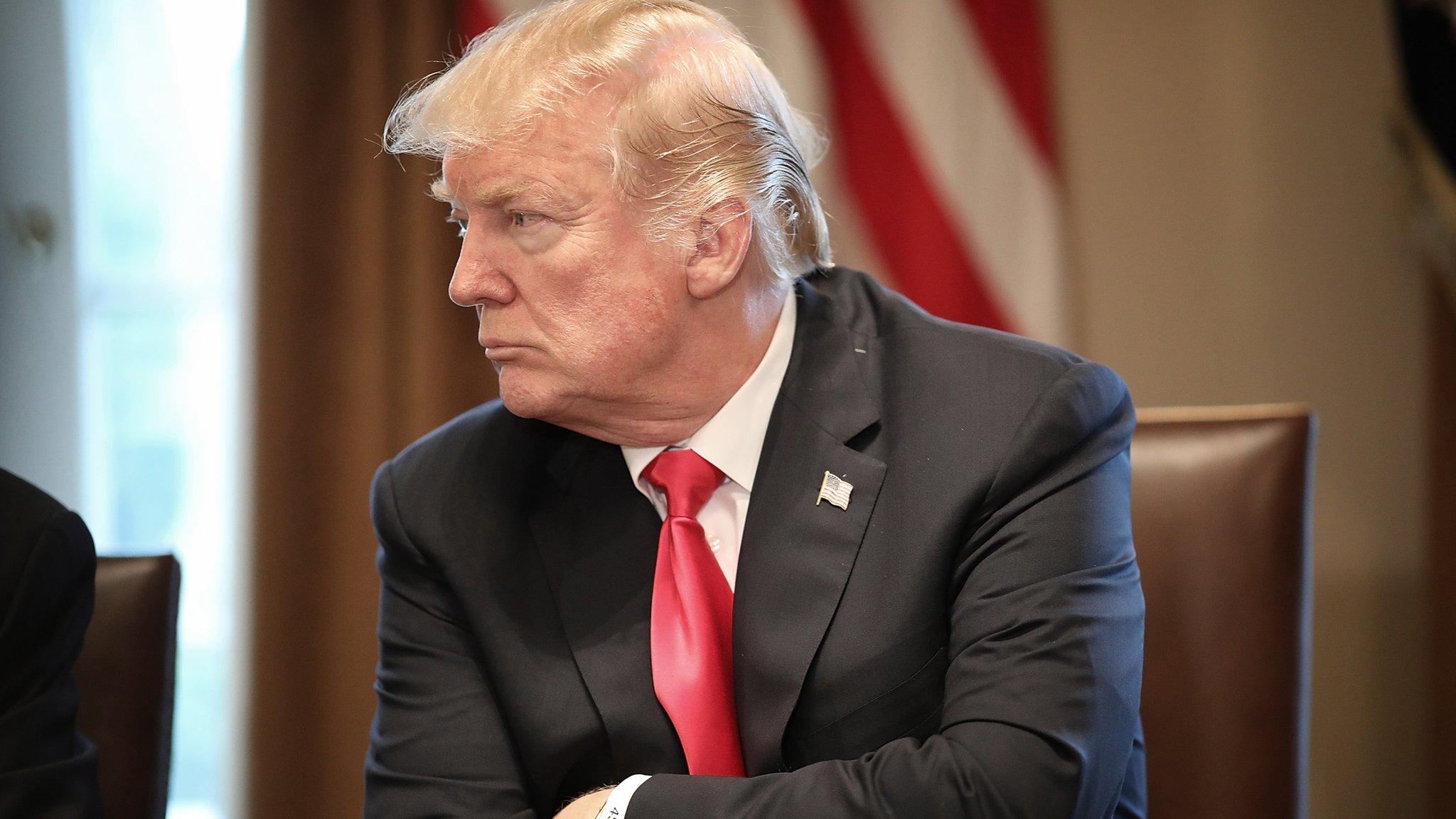Guess who's coming to dinner with Donald Trump
- Published
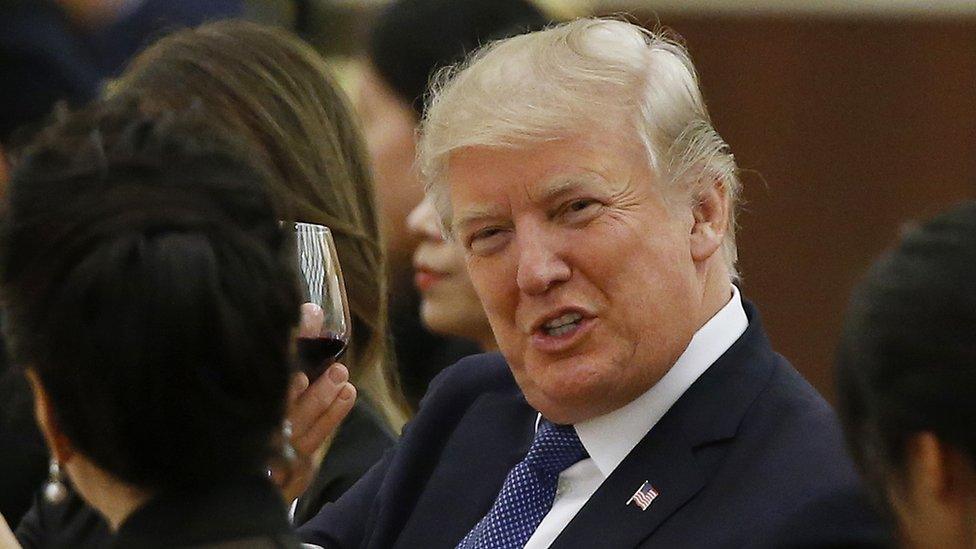
Anyone for dinner?
So what would you say to dinner with Donald Trump at Blenheim Palace?
Some of Britain's top business leaders have been wrestling with this tricky problem since the invite appeared on their desks earlier this week.
The President's trade policies - not to mention his somewhat controversial moral compass - might be expected to give some pause for thought.
But about 150 are understood to have agreed to attend Thursday's dinner hosted by the Prime Minister.
So who exactly are among those deemed important enough to get through the gates of Blenheim palace, where the dinner is expected to be held?
Who won't be there?
With the US hitting European steel exports with 25% tariffs, it may not surprise anyone that Tata Steel's spokesperson, before the question was even finished, blurted out: "We're not going."
However, when pressed he couldn't confirm whether anyone from Tata had actually been invited.
Only one person, the digital entrepreneur and philanthropist Baroness Martha Lane-Fox, has publicly refused the invitation.
She said: "I understand why the government have to entertain Trump, but I certainly don't want to."
Lord Sugar, who has been told by the President that without him "he'd be nothing" (referring to his hosting of the UK's version of Mr Trump's TV show The Apprentice), tweeted that he had not been invited.
Sir Richard Branson, whose book Finding My Virginity described Mr Trump as having a "vindictive streak", is also reported not to be attending.
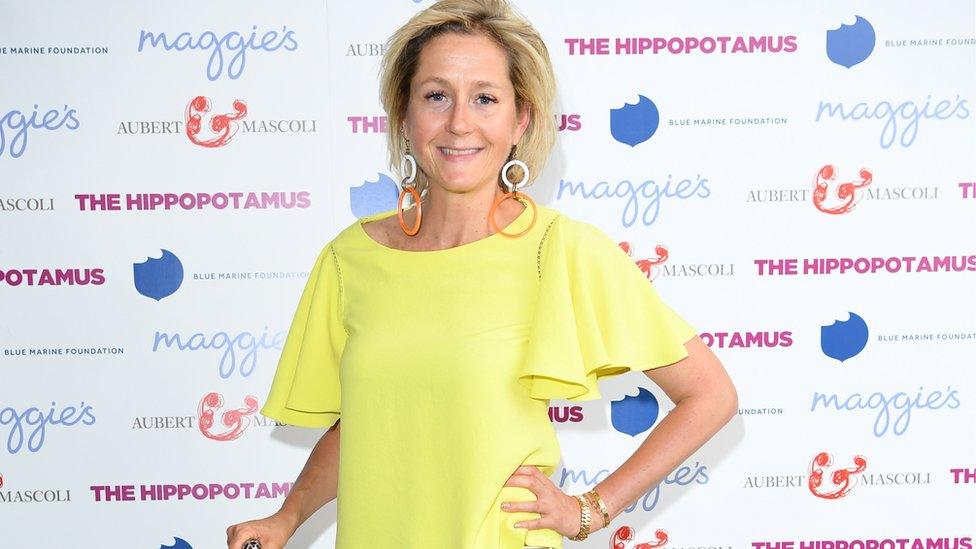
Martha Lane-Fox turned down an invitation to dinner with Donald Trump
Who will be there?
The BBC understands Richard Gnodde, the European boss of Goldman Sachs, and Steve Hatch of Facebook UK are going.
Jes Staley, the chief executive of Barclays, will also be there. Insurer Legal and General was happy to admit that not one but two executives were going: chief executive Nigel Wilson, and head of personal investing, Helena Morrissey.
Several businesses seem unsure as to whether the dinner was a personal invitation or a business one.
BP obviously thinks it's entirely personal, and what its chief executive Bob Dudley does in his spare time (for instance having dinner with the US President) is nothing to do with one of the world's leading oil companies.
"We don't comment on his personal diary," said its press office.
The London Stock Exchange had the same lack of interest in its chief executive David Schwimmer's engagements outside office hours.
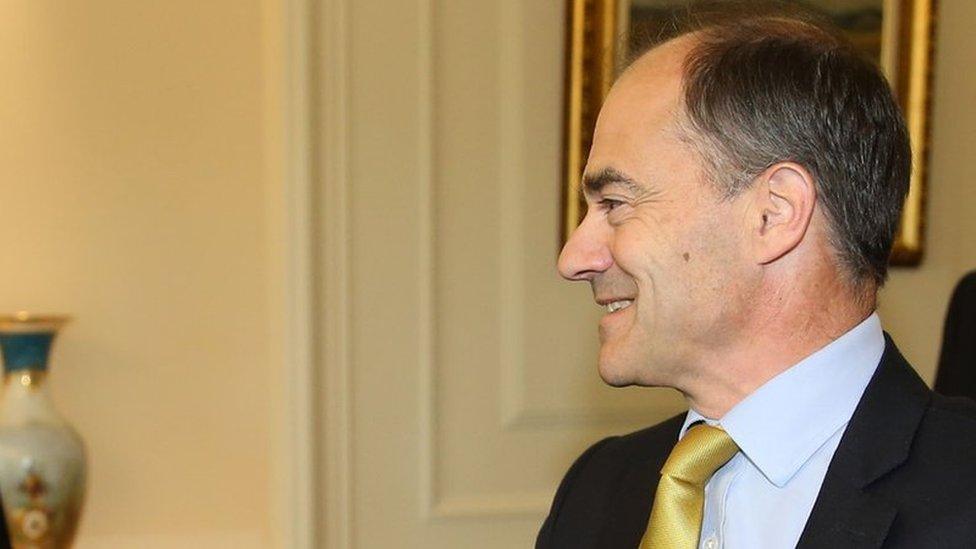
Warren East of Rolls-Royce will be having dinner with Donald Trump
All to do with business
Iain Anderson, chief executive of the communications agency Cicero Group, which has several clients among the guests, thinks this kind of dinner is nothing to do with private individuals and all to do with business.
"Anyone who goes is going not as a person but as the head of a company," he says.
"They are meeting the President. He's the man, whatever you think of him, who wears the badge that says President. And to meet him is important for trade, for business and for people."
So for some companies, saying no was not really an option.
Warren East, the chief executive of engineering firm Rolls Royce, will be there. A spokesperson for the company said: "We have an important operation in the US, whose main customer is the US Department of Defense, as well as an important partner in Boeing."
Steve Varley, chairman of accountanting and professional services group EY, is also going. His press office said: "As an organisation with its global headquarters in London and over 15,000 people in the UK and 46,000 in the US, EY's attendance is testament to the role we play in supporting our clients' ambitions on a global scale."
What's in it for the guests?
So what do these stars of the British business world hope to get out of attending - assuming they even get a few moments face time with Mr Trump?
Mr Anderson said: "The number one issue is of course the trade tariffs, and people want to say something about that. And the second thing is whether there is anything specific we can get in the way of a UK/US bilateral trade deal.
"Whatever you think of Trump he does interact. He does work the room and there may well be an ability to get a one-to-one with him. And remember - he casts himself as a businessman."
- Published12 July 2018
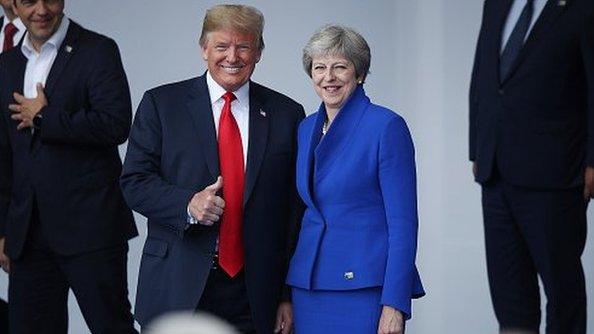
- Published13 July 2018
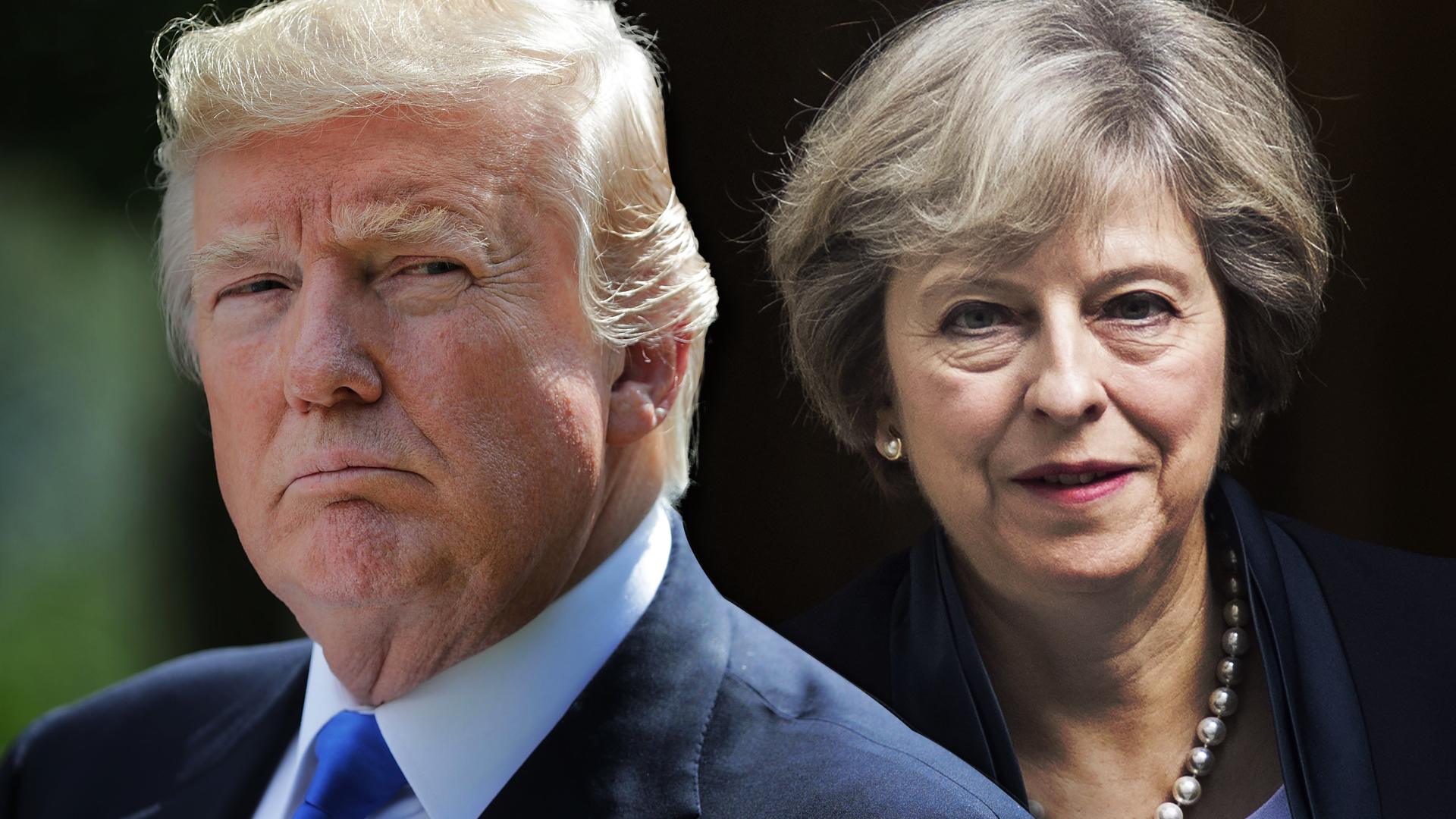
- Published10 July 2018

- Published1 June 2018
